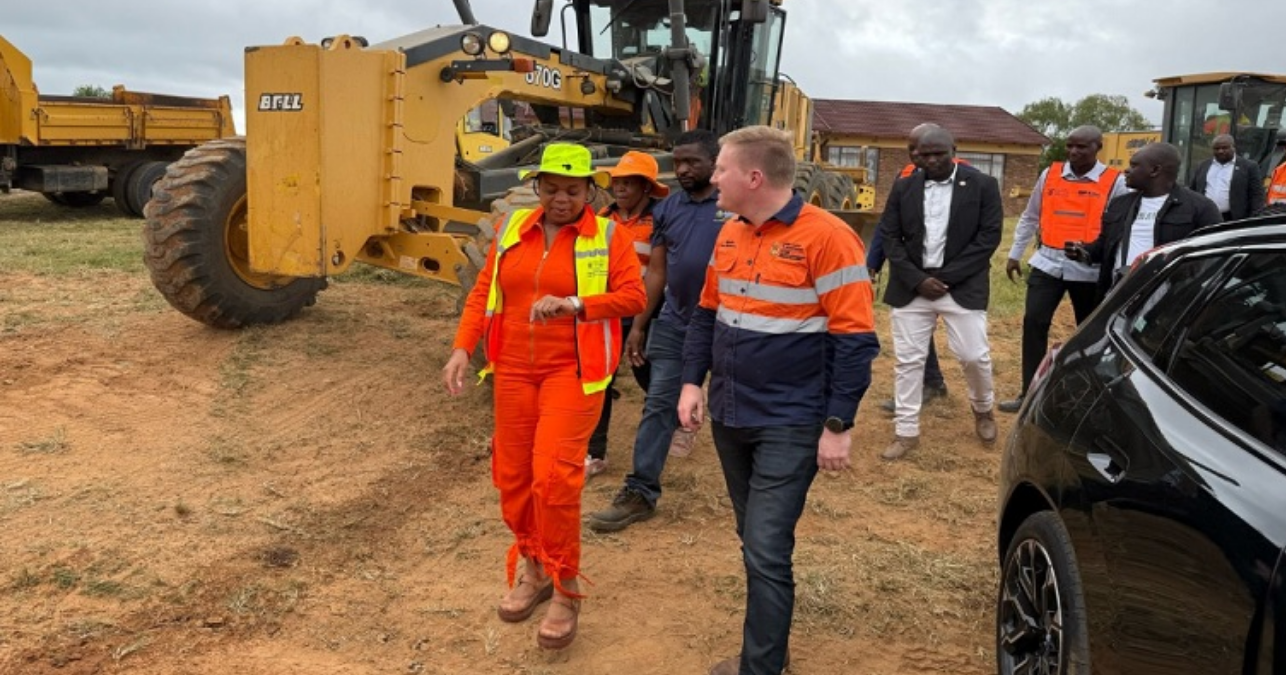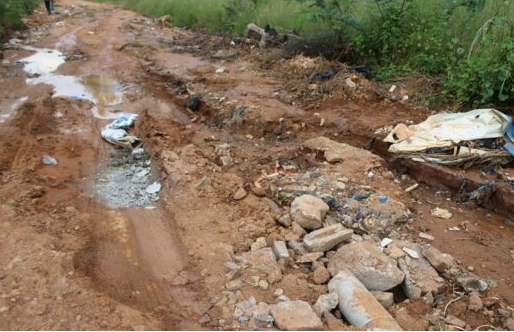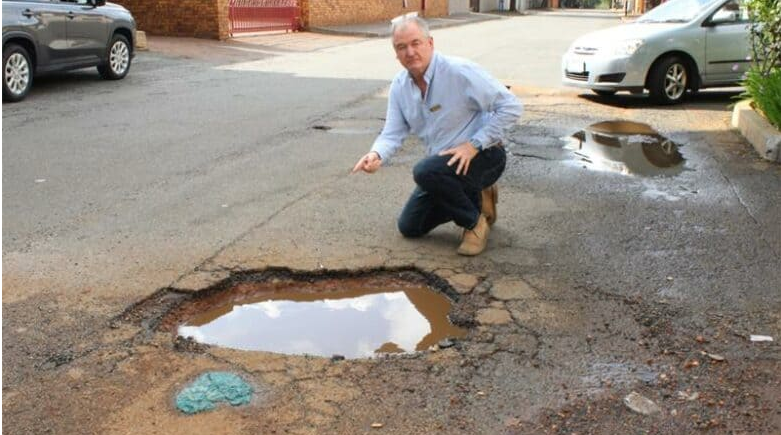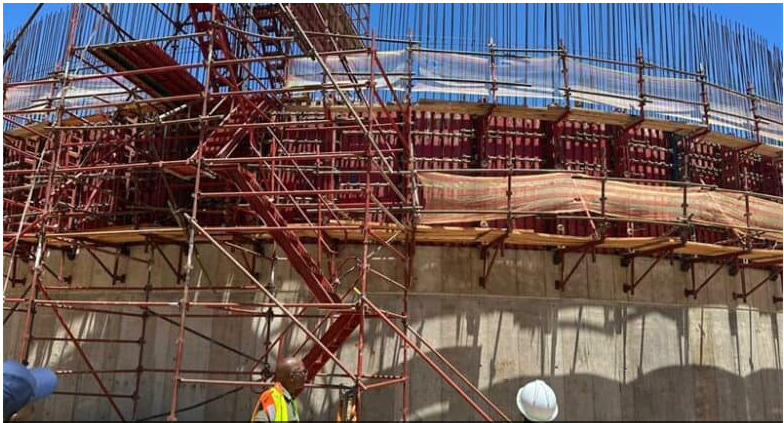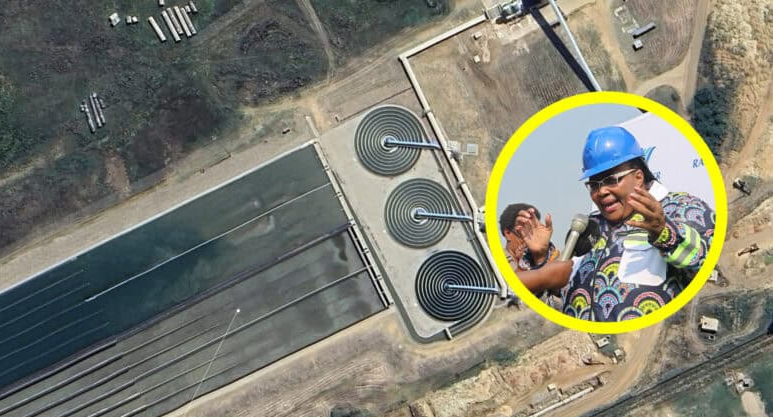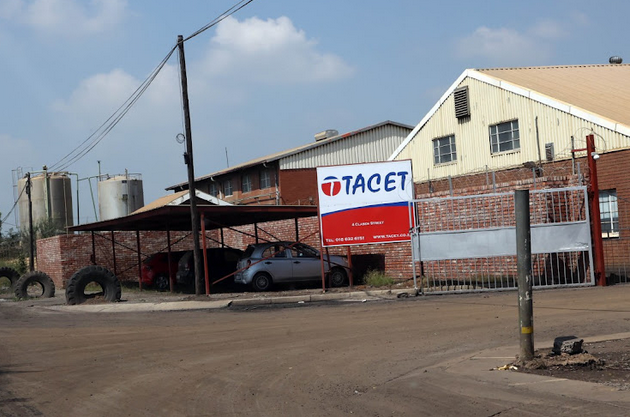BEE — the beginning of a new phase in an old fight thanks to Trump and Ramaphosa

Advertising
29-05-2025
Read : 498 times
Daily Maverick
Source
For reasons involving both the Trump administration and the inclusion of the DA and the FF+ in our national coalition, the issue of BEE is again becoming increasingly prominent. President Cyril Ramaphosa’s robust defence of BEE suggests there could be an important political fight in the offing, while proposals from the Department of Mineral Resources suggest some in government will not retreat.
On Tuesday, President Cyril Ramaphosa told Parliament he would not back down from the implementation of BEE, attacking those who oppose it. He said BEE was not holding back the economy, but rather that the concentrated nature of our economy was.
He also defended using racial designations (that have their roots in apartheid and the National Party’s Race Classification Act of 1950) as a means to do this (although he also said he does believe the day will come when this is no longer necessary).
On the same day, Communications Minister Solly Malatsi (of the DA) was explaining to MPs why he would no longer require satellite services such as Starlink to give up some of their ownership for a license to operate here.
At the same time, as previously mentioned, the political forces that oppose BEE have become much stronger in the past few months. That the DA is now in government (and has a deputy minister in the Department of Trade, Industry and Competition) and US President Donald Trump’s assault on race-based redress means this issue is becoming much more contested.
In some ways, an attempt to redress the problems of our past, which have created our racialised inequality, is always going to be controversial. Considering that BEE includes measures that give preference to people of a particular race, it is almost surprising that we do not argue about it more.
It goes to the heart of the South African project and is enshrined in our Constitution.
For the moment, it seems that Ramaphosa, and others, may well be energised by this opposition. If you have benefited from a practice (as Ramaphosa and others have), you will defend it.
There is plenty of evidence that people in the ANC, leaders both current and former, have benefited from BEE.
This has become one of the strongest criticisms against it, that it is only because of their political links that some people have been made very wealthy.
The DA has always been aware that much of its constituency opposes BEE. Even white people who agree with racial redress are allowed to feel frustrated when they are passed over for promotions, or their firms are ignored in certain deals, just because of their race.
It may also create a situation where people, both white and black, feel they are not getting the deals or making the money they should, just because of their racial identity.
While white people might blame BEE when their firms do not get deals, black people might well feel they are ignored because they are not part of the right network, or because decision-makers reward those who look the most like them.
This can then allow everyone to blame factors other than their own competence or ability when they do not get what they aspire to.
Those from the ANC who are in government also appear prepared to further extend the practice.
Doubling down
Recent proposed changes to the Mineral Resources Development Act, coming from the ministry headed by ANC chair Gwede Mantashe, go further than ever in demanding BEE – and some of its suggestions do not appear to make sense.
For example, the draft suggests the mineral resources minister would have to be consulted before there is a change of ownership in a mining company. As mining lawyer Peter Leon told The Money Show on Tuesday evening, it would mean that companies listed on foreign exchanges, or owned by foreign nationals, would need permission to sell their companies, or stakes in them.
Critics of the proposals (and there are many) suggest this has never happened anywhere.
Also, it would insist that there be an empowerment partner just for a prospecting right. In other words, just for the right to see if a possible mineral deposit is economically viable to mine, a black person would have to be given a stake.
This would increase the cost of prospecting and make it less likely that people will invest here.
The Minerals Council also says that all its suggestions on the issue were ignored. If this is the case, why did the ministry bother speaking to the council at all?
This might well indicate that the ministry, and perhaps the minister, do not care for the views of the industry, and that they intend to impose these changes.
As our mining industry has shrunk, many people have made the point that among the reasons for this is simply government policy (and yet mining still matters. During the pandemic, it was royalties from the high price of our platinum that for a time helped to pay for the SRD grant).
It may well be possible that some in the ANC would relish a fight with the DA on this issue.
Like the National Health Insurance, it can be useful for both parties. It allows them to remind their constituencies why they should vote for them.
Considering that the axis of our politics may be moving away from race in some ways, this could be very important for the ANC, which is looking for a reason to remind people to stay with the party.
New opposition
Meanwhile, it is clear that Ramaphosa is correct to remind us of the high levels of concentration in our economy.
In 2021, the Competition Commission found that “of the 144 sectors of the economy examined by the study, 69.5% were found to be highly concentrated, with 40.3% of sectors being highly concentrated with a presumptively dominant firm. Only 9.7% of sectors were found to have unconcentrated markets.”
This is staggering, and a reminder of how little our economy has changed in some respects since 1994.
It also confirms the thesis of those who believe our country is divided into “insiders” and “outsiders” and how difficult moving “inside” the economy has become.
While many things need to be done to grow our economy, finding ways to change this concentration might be one.
In the meantime, the real political risk to BEE does not come from the DA or people who lose out from the practice.
The opposition will come from people who stand to benefit from it. There may be a slow change under way that suggests more people are now beginning to oppose it.
Professor William Gumede has recently outlined why he believes BEE is harming our economy, while others, such as ActionSA leader Herman Mashaba (and former chair of the Free Market Foundation), have always criticised it.
Often, the main critique from these voices, and others, is that the same politically connected individuals have benefited again and again. The perception, created entirely by the ANC, that there can be some kind of link between BEE and cadre deployment, might well cause more damage to the perception of BEE than anything else.
But to many millions of people in our country, the argument around BEE is almost meaningless. They do not ever hope to have ownership in any company, or even control over who does.
They simply want a job, to create a sustainable income for themselves and their families.
As the coalition keeps promising to create jobs, questions about whether BEE really does harm our economy will become more prominent for some time to come. DM
Recent News
Here are recent news articles from the Building and Construction Industry.
Have you signed up for your free copy yet?




